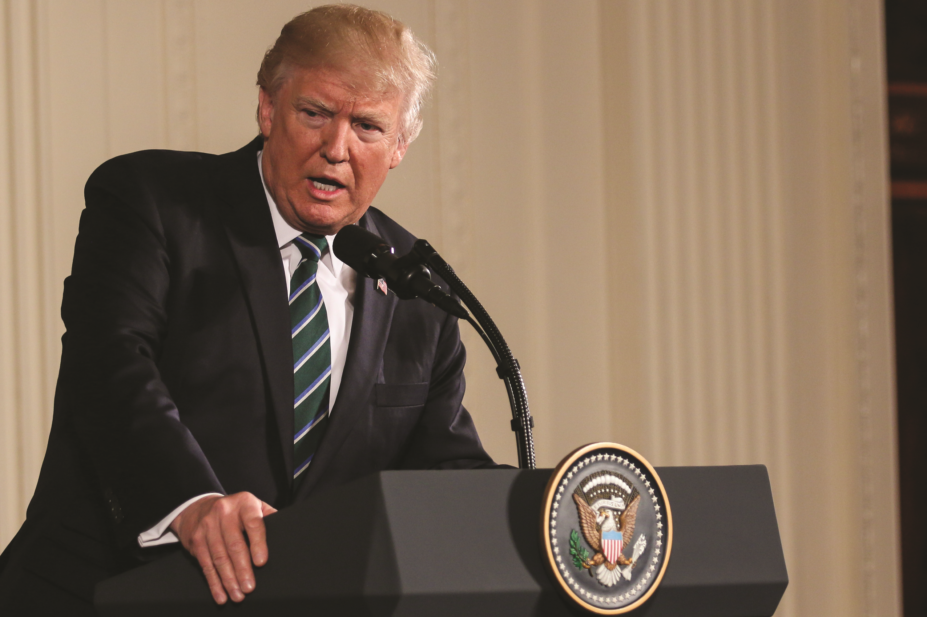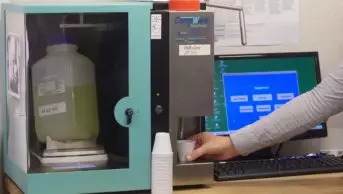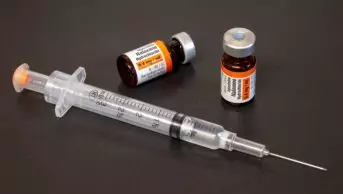
Shutterstock.com
President of the United States, Donald Trump, has declared the nation’s opioid crisis a public health emergency, despite saying in August 2017 that he was planning to declare it a national emergency.
The difference is significant as a national emergency declaration would have called for the allocation of federal funds to tackle the problem. Declaring the situation a public health emergency means, however, it will have to be supported through the pre-existing Public Health Emergency Fund, which is believed to contain just $57,000 (£43,000).
In a speech at the White House announcing the decision on 26 October 2017, Trump outlined the measures the US government will take to manage the emergency and signed the memorandum formally declaring the public health emergency.
In his speech, Trump said that, at his direction, the National Institute of Health (NIH) had taken the first steps of a public–private partnership with pharmaceutical companies to develop non-addictive painkillers and new treatments for addiction and overdose.
“I will be pushing the concept of non-addictive painkillers very, very hard … we’re going to be spending lots of money on coming up with a non-addictive solution,” he said.
He added that his administration would ask the NIH for “substantial resources in the fight against drug addiction”, promising “really tough, really big, really great advertising” showing the “devastation and the ruination” caused by opioid addiction.
It is estimated that there are 142 opioid-related deaths in the US every day, which the US Commission on Combating Drug Addiction and the Opioid Crisis, compared to the 9/11 death toll happening every three weeks. The number of opioid overdoses has quadrupled since 1999.


